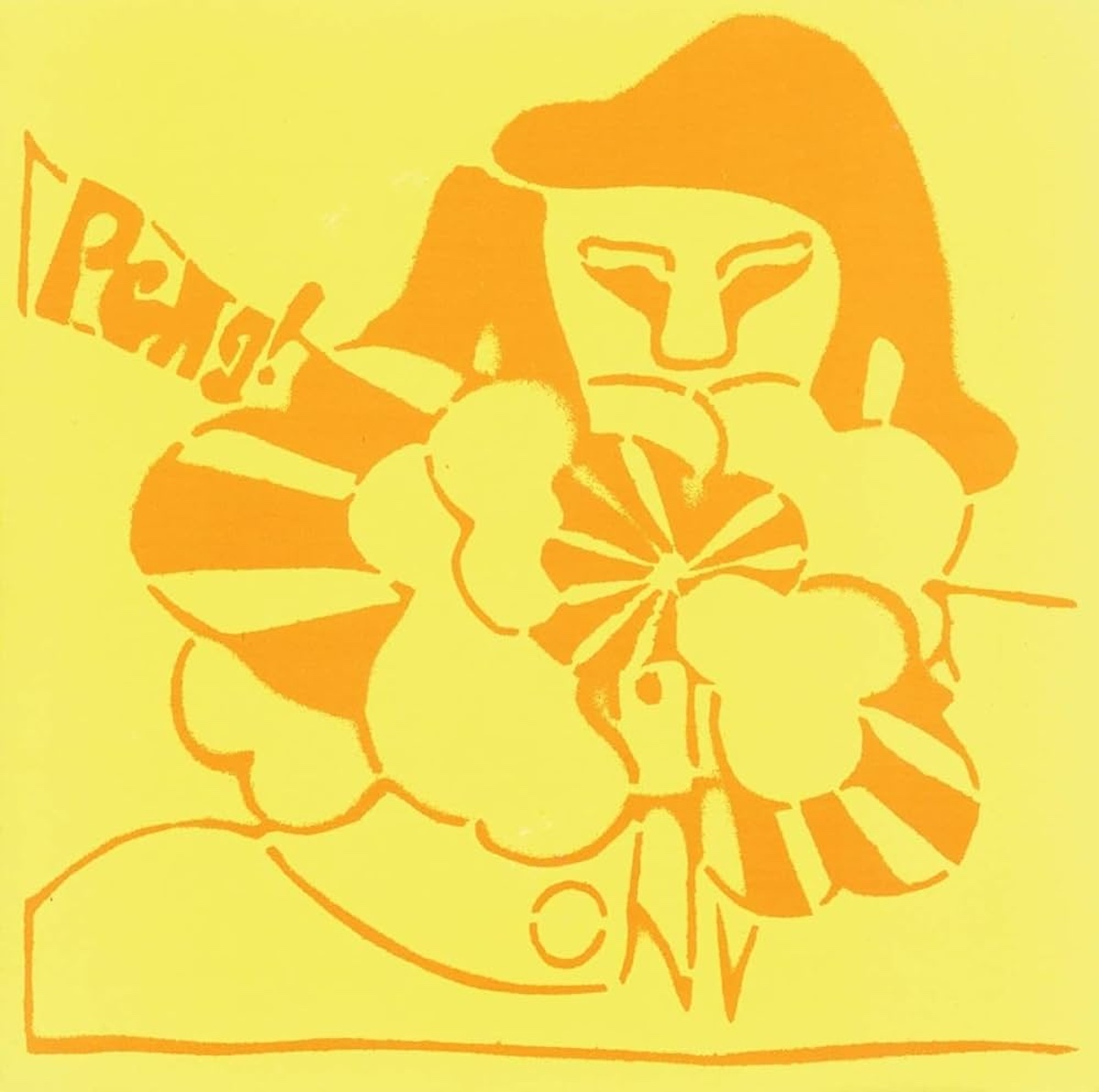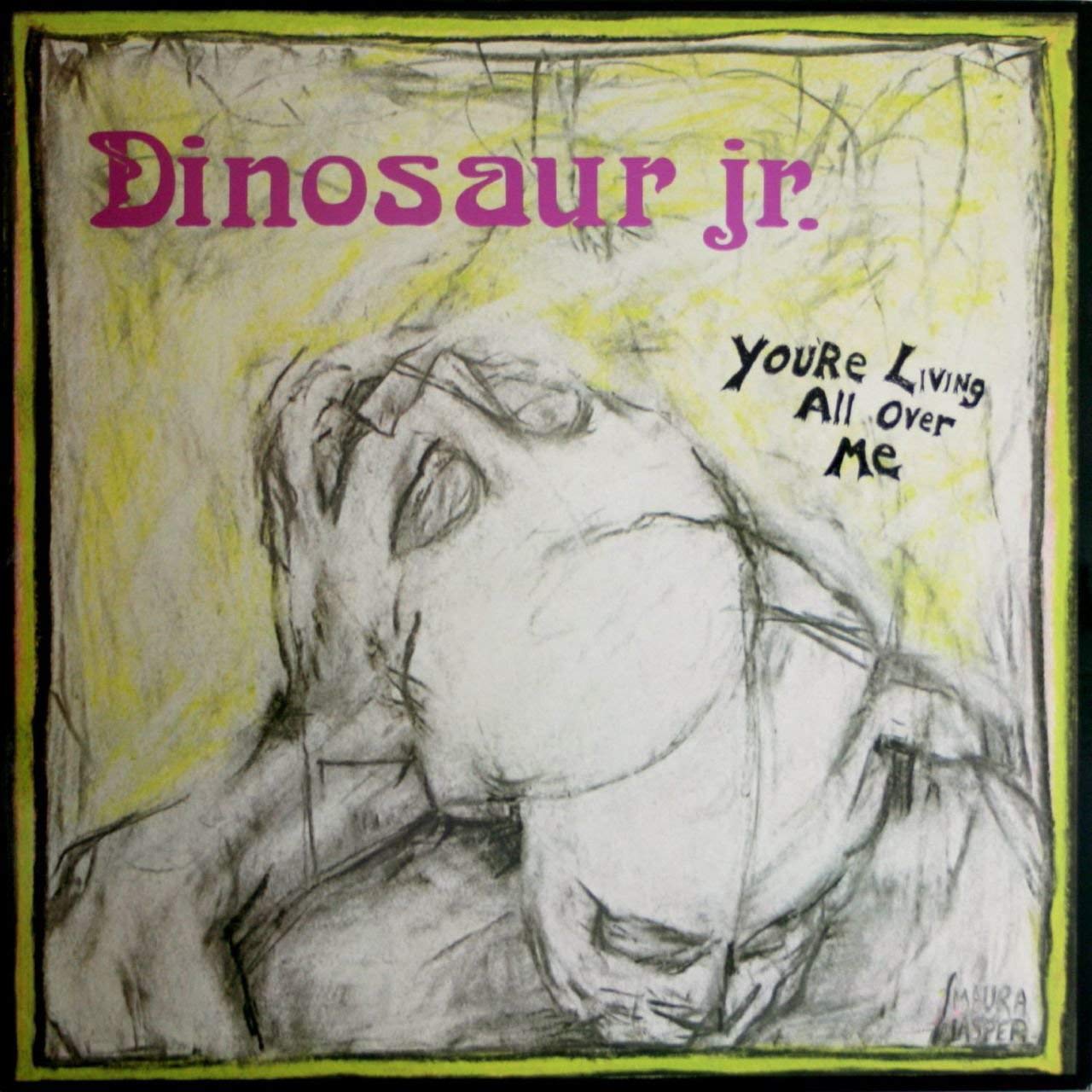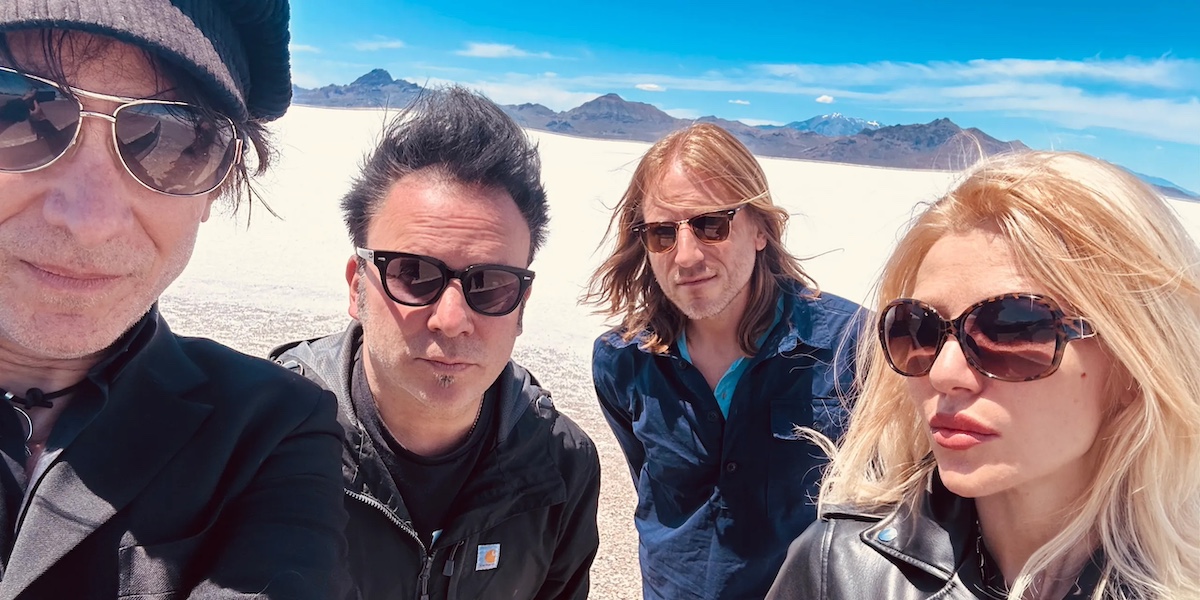 Slowly but surely, I’m replacing my old CD collection with vinyl. I started collecting records when I was seven years old. I never stopped, and still have all my first ones — and a great many more. But there was a time in the late ’80s and early ’90s when records were hard to come by. The compact disc era also happens to align with the time in my life when I had the most disposable income — my high school years. Anything I bought between 1989 and 1998 was most likely on disc.
Slowly but surely, I’m replacing my old CD collection with vinyl. I started collecting records when I was seven years old. I never stopped, and still have all my first ones — and a great many more. But there was a time in the late ’80s and early ’90s when records were hard to come by. The compact disc era also happens to align with the time in my life when I had the most disposable income — my high school years. Anything I bought between 1989 and 1998 was most likely on disc.
Around 10 years ago, I donated almost all of them and have been working to replace the ones I miss with nice vinyl copies. Among those I’ve already managed to replace: Last Splash by The Breeders, every Ozzy-era Black Sabbath album, every Led Zeppelin album, The Beatles’ Anthology series, five Guided By Voices albums, King Crimson’s Thrak, six Stereolab albums, four Sonic Youth albums, Orange by Jon Spencer Blues Explosion, the first three Pixies albums, Meat Puppets II, Yo La Tengo’s Electro-Pura and Painful, Loveless by My Bloody Valentine, the first Violent Femmes album and almost every Hüsker Dü album.
Albums pressed on vinyl in the ’90s are extremely pricey, because they weren’t terribly popular in that format. They also were crappy. So I never try to replace my ’90s CDs with ’90s vinyl — it’s stupid expensive, and lacking in quality and lavishness. For example, a near-mint U.K. 2018 pressing of Peng! by Stereolab will set you back around $30. It comes on clear vinyl, in a lovely package and completely remastered. A near-mint copy of a U.K. 1992 pressing is around $100 + shipping and is a flimsy, afterthought piece of crap.

There’s loads of ’60s, ’70s and ’80s music I bought on CD in the ’90s as well — because that’s how it was available. So, I also needed to replace a lot of Pink Floyd, Beatles, Led Zeppelin, Black Sabbath and Rolling Stones. The original pressings of these albums are quite good, but I still prefer the new, remastered — in some cases remixed and expanded — versions. In fact, I’ve even replaced a lot of my vintage vinyl with newer pressings. When you can sell a copy of Nick Drake’s Pink Moon for $500 and replace it with a beautiful remastered copy on 180-gram vinyl for $30, why wouldn’t you?
But there are still a bunch of my ’90s-era CD purchases I haven’t managed to reacquire on vinyl, for a variety of reasons. Usually it’s because it’s inordinately expensive, or doesn’t exist. Some examples include Let It Be… Naked by The Beatles. I got the CD in 2003 because that’s all I could find. Vinyl copies were made that same year but can be $300 or more. Hard pass. I’ll stick with my 2021 box set which has all that stuff, anyway.
I haven’t got around to replacing the three Pavement albums I had on CD. Not sure why. Price probably. At the moment, all I have is the vinyl copy of Wowee Zowee I bought new in 1995 at Cheap Thrills in Montreal.
Ween albums are ridiculously expensive on vinyl. I haven’t managed to reacquire any of the ones I had on CD — The Pod, God Ween Satan, Pure Guava, Chocolate & Cheese or The Mollusk. Using Pure Guava as an example, 2008 reissues are around $300, 2015 and 2017 reissues around $500 while 1993 originals are upwards of $600.
Sebadoh albums are expensive and original pressings of Dinosaur Jr.’s 1991 masterpiece You’re Living All Over Me will set you back $200. Newer pressings are more reasonable — $50-$80. But still.

One band I’ve been struggling with is Mercury Rev. I had the first seven albums on CD and donated them. I miss them, but whenever I go on a Rev streaming binge, it never lasts terribly long. I want to replace the CDs with vinyl even though it’s pretty clear I don’t need to. This is because even though I have a silly number of records, I do actually try to only keep ones which are worth putting on and spinning from start to finish. This is why “Project CD Replace” has only included Guided By Voices’ Bee Thousand, Under The Bushes Under The Stars, Mag Earwhig! and Alien Lanes, but not Propeller, Vampire On Titus, Sunfish Holy Breakfast or Do The Collapse.
I’m not sure what to do about Mercury Rev. The band has been around since its founding members were all university students in Buffalo. They were inspired by their drone music-composing media studies prof to form a group that would primarily create scores for their own student films. The original band — sporadic due to this not being their main job — was Jonothan Donohue on guitar and vocals, multi-instrumentalist Grasshopper (Sean Mackowiak), vocalist David Baker, bassist-producer Dave Fridmann, Suzanne Thorpe on flute and French horn, and Jimy Chambers on drums. Donohue was a local concert promoter who befriended The Flaming Lips — first becoming their touring guitar tech and eventually the group’s lead guitarist on their albums In A Priest Driven Ambulance (1990), and Hit To Death in the Future Head (1992). Fridmann also became involved with the Lips during this time as their co-producer. He has done every one of their albums from 1990 onward with the exception of 1993’s Transmissions From The Satellite Heart. Donohue left in mid-1991 due to creative differences with Lips’ frontman Wayne Coyne. He moved back to Buffalo from Okahoma and was able to devote himself to Mercury Rev while Fridmann became less and less available — at least as a bass player.
I recently re-listened to the albums I had on CD and, while it’s all evocative, I’m tempted to just get See You On The Other Side and Deserter’s Songs on vinyl. The former surprised me a little. I was sure I’d need their first two — Yerself Is Steam (1991) or Boces (1993). But I think I’ve outgrown them. They’re a little too self-indulgent to foist upon my family. They reflect the band’s early sound which was more experimental, psychedelic drone rock. Both albums have the same musicians. Baker was asked to leave before work began on the third album.

See You On The Other Side came next in 1995 and has aged really well, in my view. It’s a lovely hybrid between the sonic assaults of the first two records, and the more chill, melodic suites which came later. The next album, Deserter’s Songs (1998) is a perfect realization of these two styles — except with the kind of roots you get by including Levon Helm and Garth Hudson in the recording. It was made during an excruciatingly difficult time for many of the band members, personally. The lineup stays the same with the addition of several guests, like the aforementioned Hudson and Helm, as well as singer-songwriter-producer Professor Louie.
All Is Dream (2001) followed and isn’t as strong, songwriting-wise, as Deserter’s Songs. It does, however — like 2005’s The Secret Migration — have some absolutely fantastic tracks. All Is Dream features a new drummer in place of Chambers — Jeff Mercel. Mercel actually first appeared on Deserter’s Songs, but this was his first album as the main drummer. Legendary producer-arranger-musician Tony Visconti is also on the album. Thorpe had a diminished role on All Is Dream, and by The Secret Migration, she was gone.
This is where I fell off the bandwagon. The only other album I had was a ripped CD copy of Bobbie Gentry’s The Delta Sweete Revisited, which mostly sent me in search of Gentry’s original album. The other three albums I have yet to really acquaint myself with. And, there is going to be a new one this fall. September 2024 will see the release of Born Horses.
So, here’s a playlist of Mercury Rev’s “best of the compact disc era” songs:
• • •
Area Resident is an Ottawa-based journalist, recording artist, music collector and re-seller. Hear (and buy) his music on Bandcamp, email him HERE, follow him on Instagram and check him out on Discogs.







































